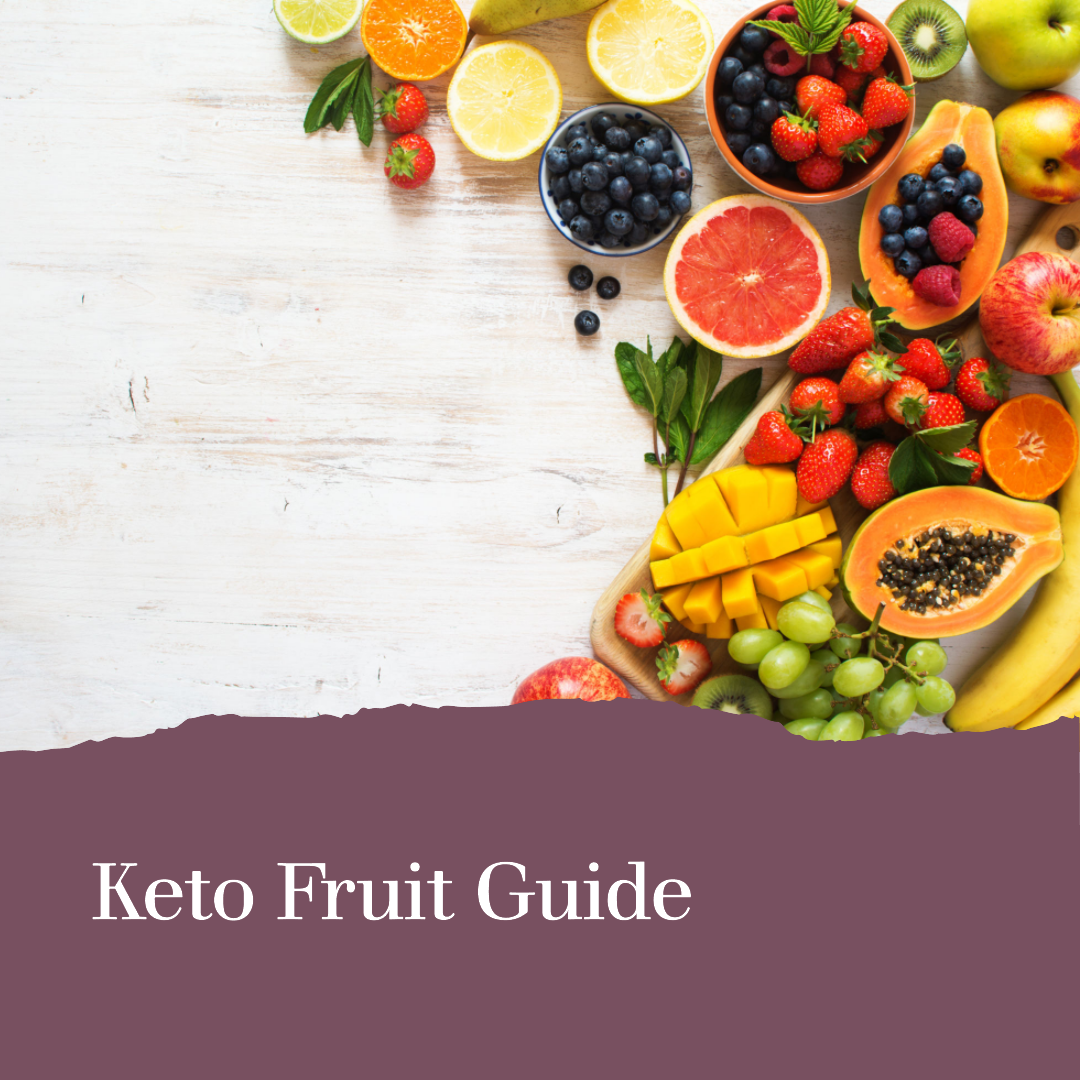The ketogenic diet, commonly known as the keto diet, has taken the world by storm. It’s a high-fat, low-carb diet that has shown promising results in weight loss, diabetes control, and overall health improvement. But when it comes to fruits, many people on the keto diet find themselves in a dilemma. Fruits are nutritious, but they also contain carbohydrates. So, can you eat fruits on a keto diet? Let’s find out.
Understanding the Variables
The answer to whether you can eat fruits on a keto diet is not a simple yes or no. It depends on various factors such as your age, metabolism, degree of insulin resistance, genetics, activity level, and individual goals. These factors influence how easily you can burn fat and stay in ketosis, the metabolic state where your body uses fat for energy instead of carbohydrates.
For instance, if you’re young, active, and have a fast metabolism, you might be able to consume more fruits and still stay in ketosis compared to someone older with a slower metabolism. Similarly, if your goal is to control diabetes, you might need to be more careful with your fruit intake. You can learn more about diabetes symptoms and how to manage them on a keto diet on our blog.
High-Sugar Fruits to Avoid
While fruits are generally healthy, some are high in sugar and can disrupt your keto diet. Fruits like raisins, dates, apricots, figs, bananas, grapes, cherries, mango, kiwi, and pineapple are high in sugar and should be avoided or consumed in moderation.
It’s also worth noting that many fruits have been genetically modified to be sweeter, contributing to excessive sugar consumption. This is particularly important if you’re following a keto diet for weight loss, as consuming high-sugar fruits can hinder your progress.
Keto-Friendly Fruits
On the other hand, less sweet fruits like apples, blueberries, apricots, oranges, and grapefruit can be consumed in moderation. These fruits are lower in sugar and can fit into your keto diet without disrupting ketosis.
Berries, particularly raspberries and blackberries, are an excellent choice for a keto diet. They are low in sugar, high in fiber, and packed with antioxidants. You can enjoy them as a snack or use them in your keto-friendly recipes.
The Potential Risks of Overconsumption
While fruits are beneficial, overconsumption can lead to health issues, especially if you have insulin resistance. Fruits contain fructose, a type of sugar that can be harmful to the liver if consumed in excess. If you’re dealing with insulin resistance, it’s crucial to monitor your fruit intake and focus on low-sugar options. You can learn more about insulin resistance and how to reverse it on our blog.
Embracing the Sweet Journey to Health
Navigating the world of fruits on a keto diet can be challenging, but with the right knowledge and guidance, it’s entirely possible. Remember, the key is to focus on low-sugar fruits, monitor your intake, and listen to your body. Everyone is unique, and what works for one person might not work for another. So, experiment, learn, and find what works best for you.
For more information on the keto diet, check out our ultimate guide to the keto diet for beginners. You can also explore our intermittent fasting section for tips on how to combine fasting with a keto diet for optimal results.
Remember, the journey to health is a marathon, not a sprint. So, take it one step at a time, and don’t forget to enjoy the process. After all, what’s the point of living a healthy life if you can’t enjoy it?
For more information on fruits and their impact on health, you can visit Harvard’s The Nutrition Source. It provides a wealth of information on various fruits and their nutritional content.

